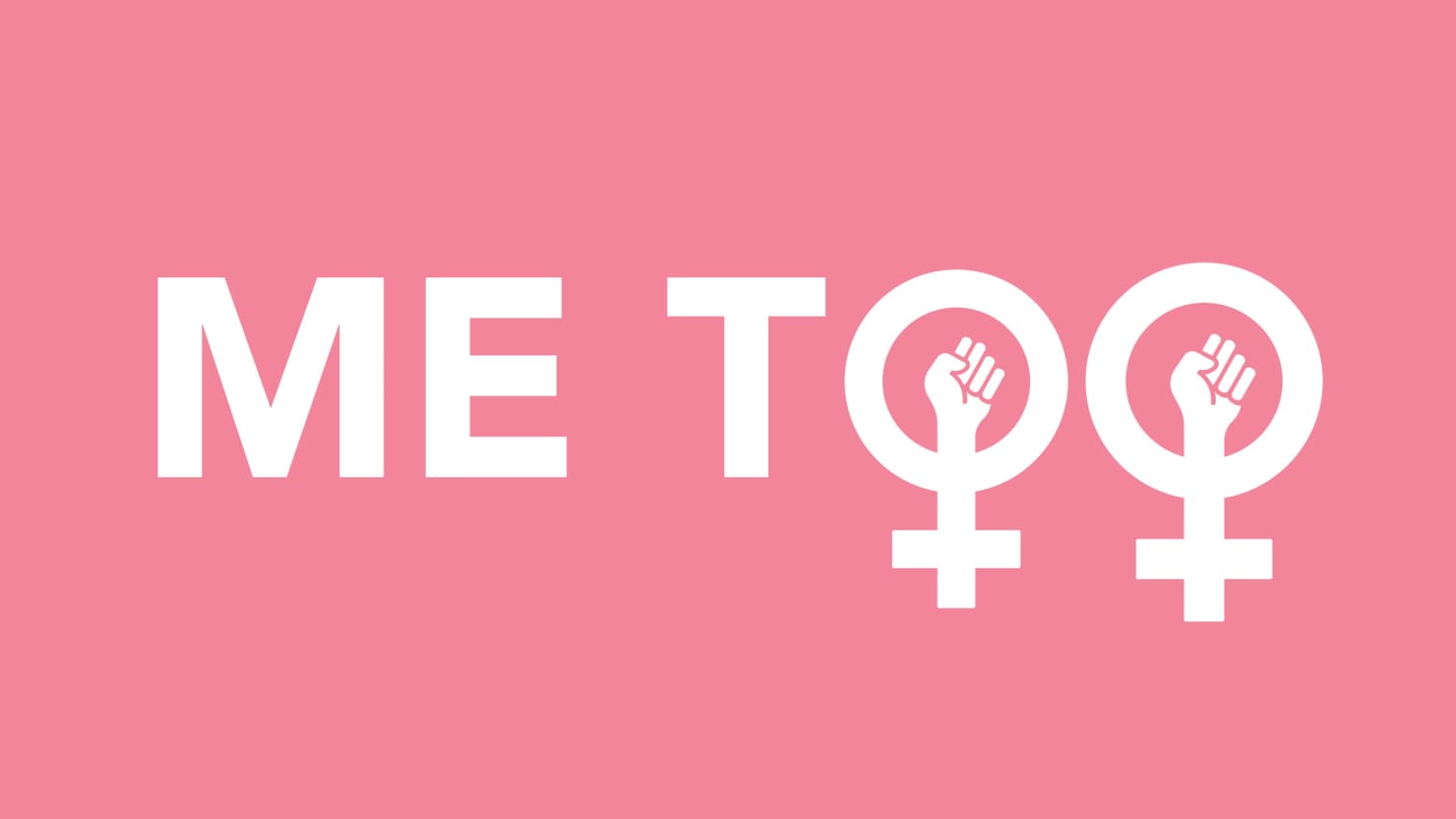Is social media making us lonely?
When it comes to the elderly, loneliness is taken seriously. It’s a silent killer, an epidemic; charities and initiatives dedicated to combating it have sprung up all over the world, and rightly so. Why then as a society are we so reluctant to admit that loneliness is prolific amongst the younger generations too? Millennials and generation Z are the two most technologically connected age groups to date, but according to recent studies, they are also the most likely to be affected by social isolation.
The common response to this statement is, of course, that social media is responsible. Twenty years ago, if a person were to spend the day at home by themselves, catching up on life admin or reading a book, they would remain relatively ignorant of the world around them. Sure, they could watch the news, read their emails, call or even text a friend, but they wouldn’t be checking Facebook, Twitter, Instagram and the rest. They wouldn’t continue to check these apps throughout the day in case they’d missed something, and they certainly wouldn’t unwittingly lose hours to their own habitual, aimless scrolling.
Nowadays, alone time is often laced with the fear of missing out. For many, what used to be intentional, restorative solitude has become an anxious downward spiral towards loneliness. As we are constantly over-informed, technology is at the crux of this transformation. We know not only the opinions but the whereabouts of our friends, colleagues and acquaintances around the clock. We know where they holiday, how successful they are, what they buy, who they date. We know about their promotions, their pay rises, their parties, and this overexposure makes it difficult to remember that their gain is not our loss.
Although we view other people’s lives through the lens of their carefully curated social media, we don’t afford our own the same generosity. Rather, we see our realities in relation to their profiles, and as a result they seem quiet, colourless and small. To quote Pastor Steve Furtick, “the reason we struggle with insecurity is because we compare our behind-the-scenes with everyone else’s highlight reel.” This act of comparison has become a deeply engrained reflex; it breeds loneliness because it robs us of the capacity for stillness and contentment. It’s crucial to remember that an Instagram feed is the trophy cabinet of a person’s life. We put so much weight on the popularity of our online alter-egos, we forget that human beings boil down to more than this.
Social media even weaponizes our own words, which are inevitably immortalised in the ether, and rarely age well. We hold public figures to impossibly high standards, scrutinising their politics with no room for forgiveness. In this dogmatic virtual climate, our opinions become polarised, and in the gap between extremes we lose our ability to compassionately listen to anyone we don’t already agree with. This volatile aspect of social media only increases its power to isolate us; trolls are a swarming crowd, negative comments are sharp and barbed, we are invisibly overwhelmed.
Yet, social media is just as capable of doing good as it is evil. For many, it’s both a source of community and a refuge. Where it has the power to isolate, it can also create the opposite of loneliness, providing an accessible network of likeminded people, even to those who struggle to find solace amongst their peers. It’s an expansion of our right to free speech, and a tool for social justice. By dispelling our own echo chambers, we can truly learn from social media, and listen to insights or perspectives we wouldn’t usually encounter.
It’s a free platform for start-ups, a place to showcase talent, bursting at the seams with photography, poetry and creativity in all its forms. Where else could drag queens, politicians and hedgehogs be revered with equal fervour? It’s a phenomenal by-product of twenty-first century culture; the key is how we use it.
So what’s the solution? For the majority of us, giving up our digital identities entirely is not achievable without feelings of social sacrifice. Our professional and personal lives are seamlessly integrated with the platforms we use to express ourselves. Why should we give it up completely when it’s such a central part of how we make friends, how we show gratitude, and how we discover each other? Countless studies have found that the functionality of these platforms is explicitly designed to be addictive, so rather than going ‘cold turkey’, we can try to slowly separate social media from our self-worth. Through this process of this gradual disentanglement, we can attempt to unlearn our need for virtual validation, and look to ourselves for this instead.
If we aim to see social media as an extension of time spent with friends, we’ll stop using it as a replacement. By setting boundaries on how and when we reach for Instagram, and culling the content in our feeds, we can reclaim it as a safe space. So ditch the “aspirational” profiles which trigger feelings of inadequacy and self-doubt. This is as cleansing as finally throwing out the jeans which “might fit again one day”. Reduce the size and power of social media in your life until all that’s left is the good stuff, and I guarantee you, solitude will feel less lonely.
Cover illustration by Dominque Pere.





